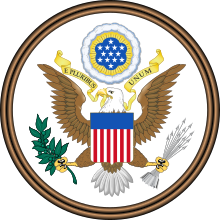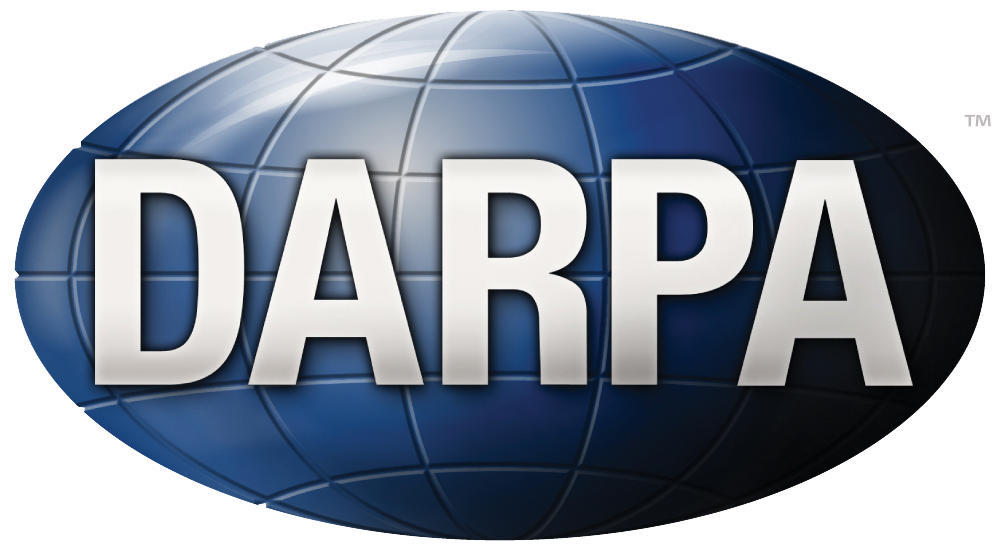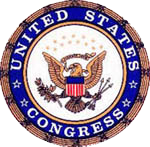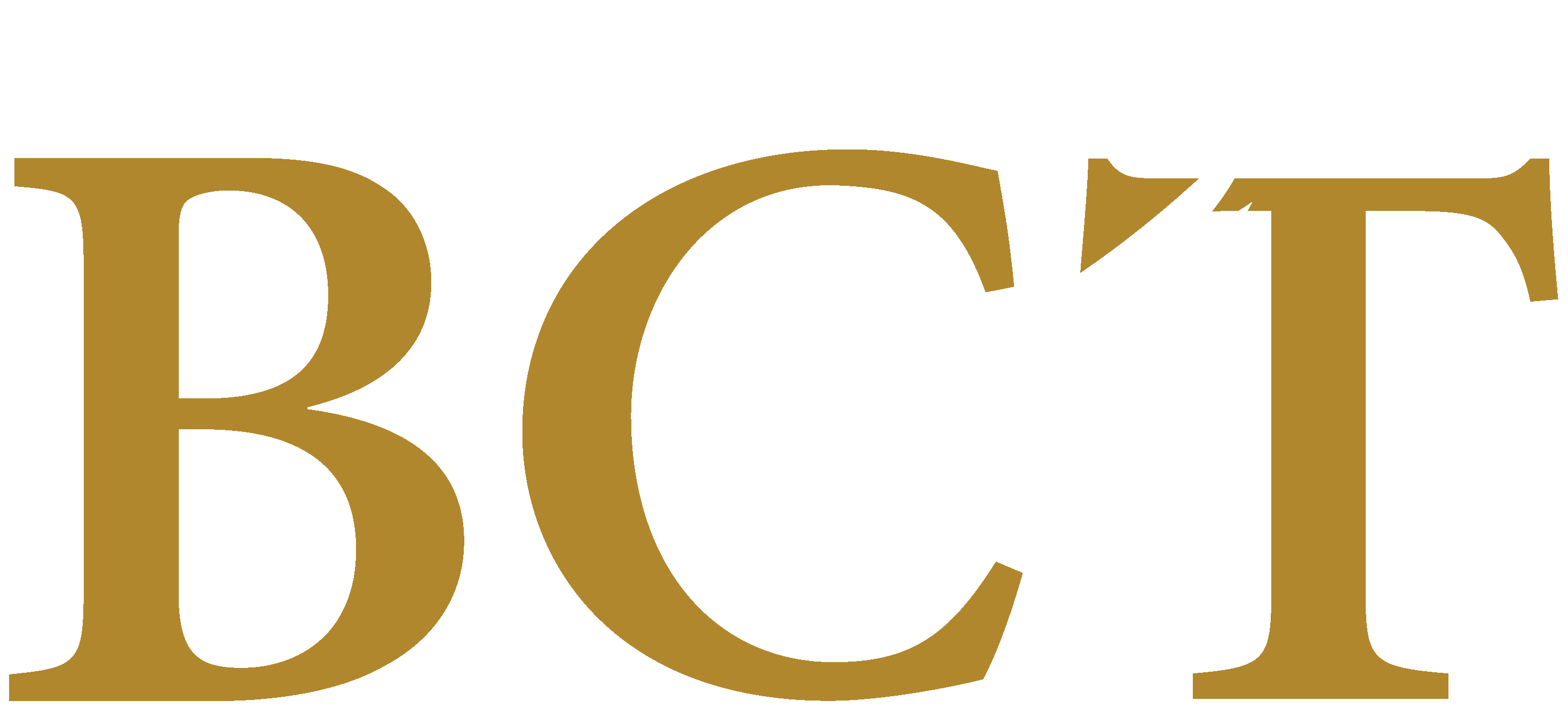Government Initiatives

The Government is extremely interested in blockchain in two related areas: how can blockchain provide value in a government venue and what rules, regulations, standards might be required to enhance the value of blockchain without restricting innovation for both commercial and government users.
Applications
There are several examples of the US government's interest in blockchain technology including evaluations, testing or initial operational applications.

GSA
GSA's Emerging Citizen Technology Office launched the U.S. Federal Blockchain program for federal agencies and U.S. businesses interested in exploring distributed ledger technology and its implementation. GSA hosted the first U.S. Federal Blockchain Forum on July 18, 2017, attended by more than 100 federal managers from dozens of unique agencies to discuss applications, limitations, and solutions. Among the potential applications for blockchain technology were: Financial management; Procurement; IT asset and supply chain management; Smart contracts; Patents, Trademarks, Copyrights, Royalties; Appropriated funds; and Federal assistance. GSA is in an initial operational blockchain project stage taking advantage of distributed ledger capabilities and integrating that into their FAStlane system in an effort to streamline how smaller companies bid on government contracts. The envisioned result would be a permissioned ledger that uses multiple cloud platforms for redundancy, high-availability and key management.

DHS
In 2016 the DHS Science and Technology (S&T) Directorate, through the Small Business Innovation Research program (SBIR), funded 13 commercial small business startups that can develop new cyber security technology. Four of them are using blockchains in their product. Their broad focus was their publication Applicability of Blockchain Technology to Privacy Respecting Identity Management. Within this broad focus, specific development was on the a) ledger format and architecture to demonstrate how to publish identity credentials; b) decentralized registry and discovery service to integrate with the public blockchain, c) an identity management solution built on a permissionless blockchain and d) advance the security of digital identity for Internet of Things (IoT) devices. The S&T SBIR is also funding the development of standards.

NSA
Each year the NSA Research Directorate sponsors a special award at the Intel International Science and Engineering Fair (ISEF), the world's largest high school science fair. In 2016 NSA awarded 3 prizes to projects relevant to cybersecurity. 1st prize went to a 17-year-old Californian for his project Efficient Blockchain-Driven Multiparty Computation Markets at Scale.
A recent article speculated that NSA, and by extension the Intelligence Community (IC), might benefit from the use of blockchains smart contract and distributed ledger capabilities to create a friendlier environment for information sharing. While there are many obstacles to overcome in this scenario, implementation would make it much easier to share intelligence with trusted individuals inside the IC and with those who are not (e.g. law enforcement and others on a need-to-know basis).

DARPA
DARPA has funded several R&D projects to develop and demonstrate blockchain pilots for secure communications and cybersecurity. DARPA awarded a contract to Guardtime Federal and Galois to formally verify a blockchain-based integrity monitoring system, specifically to detect Advanced Persistent Threats (APTs). DARPA has a separate contracted effort with ITAMCO to develop a secure, non-hackable messaging and transaction platform for the U.S. military. Another DARPA project is addressing the critical interest in the evaluation and testing of a messaging and transaction platform that uses a decentralized messaging backbone allowing anyone anywhere to send a secure message in a traceable decentralized ledger.
Federal
Other government agencies are exploring a number of blockchain applications:
- Government-issued credentials like visas, passports, SSN and birth certificates using blockchain identity and distributed ledger capabilities.
- Federal workforce identity and data protection using blockchain identity and distributed ledger capabilities.
- Tax collection using blockchain technology for smart contracts and distributed ledgers would make tax collection systems more efficient and reduce the time to process tax-related information.
- Digital voting using blockchain could make voters both anonymous and secure. Votes using blockchain ledgers would be immutable eliminating the possibility of election tampering and could be tracked in real-time to declare results in a timelier manner.
>ules, Regulations, Policy and Standards
Congress (Rules, Regulations and Policy) and NIST (Standards) are aware of blockchain and its potential.

Congress
In February 2018 the Congressional Research Service, in a paper entitled Blockchain: Background and Policy Issues conveyed this statement "Blockchain is currently being tested by industry, but at this time does not appear to be a complete replacement for existing systems. Although the adoption of blockchain is in its early stages, Congress may have a role to play in several areas, including the oversight of federal agencies seeking to use blockchain for government business, and exploration of whether regulations are necessary to govern blockchains use in the private sector."
This paper concluded: "Congress is aware of the growing interest in blockchain technology and has held several hearings on the technology and its potential implications for the economy and government use. Congressional interest in blockchain technology is likely to continue to grow as the technology becomes more established and especially if its application becomes more widespread."
Congressional hearings are underway. The Congressional Blockchain Caucus is discussing a range of issues including digital identity, payments and supply chain, and governance. In September 2018, Congressman Tom Emmer, the new Caucus Chairmen, announced Pro-Blockchain Legislation prioritizing and accelerating the development of blockchain technology and creating an environment that enables the American private sector to take the lead on innovation and further growth.

NIST
In October 2018 NIST published NISTIR 8202, Blockchain Technology Overview, a comprehensive description of blockchain terminology and taxonomy to provide common ground for blockchain discussion. NIST-IR-8200-Status-of-Cybersecurity Standardization-for-IoT mentions in passing a reference to blockchains potential to add security to IoT. NIST is also using a new internal testbed for exploring blockchain technologies using Hyerledger Fabric, Multichain and Ethereum blockchain systems.
Continue to Government Services.







